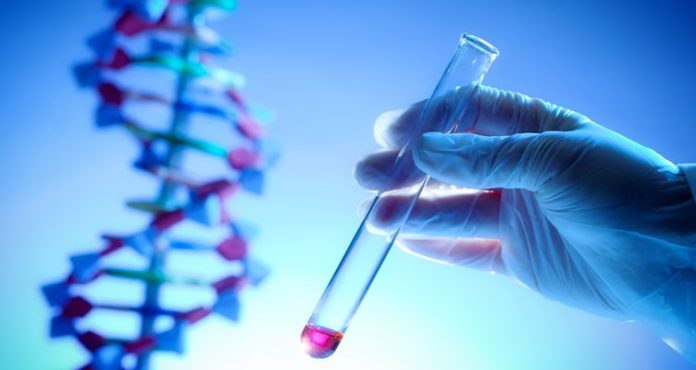Researchers have discovered more than 275 million previously unreported genetic variants, the U.S. National Institutes of Health (NIH) said on Tuesday.
The new genetic variants were identified from data shared by nearly 250,000 participants of the NIH’s All of Us Research Program. Half of the genomic data are from participants of non-European genetic ancestry.
The unexplored cache of variants provides researchers new pathways to better understand the genetic influences on health and disease, especially in communities who have been left out of research in the past, said the NIH.
Nearly 4 million of the newly identified variants are in areas that may be tied to disease risk.
“As a physician, I’ve seen the impact the lack of diversity in genomic research has had in deepening health disparities and limiting care for patients,” said Josh Denny, chief executive officer of the All of Us Research Program and an author of the study.
“The All of Us dataset has already led researchers to findings that expand what we know about health – many that may not have been possible without our participants’ contributions of DNA and other health information. Their participation is setting a course for a future where scientific discovery is more inclusive, with broader benefits for all,” Denny said.
The mission of the All of Us Research Program is to accelerate health research and medical breakthroughs, enabling individualized prevention, treatment, and care for all, according to NIH.
The program will partner with one million or more people across the United States to build the most diverse biomedical data resource of its kind, to help researchers gain better insights into the biological, environmental, and behavioral factors that influence health.







